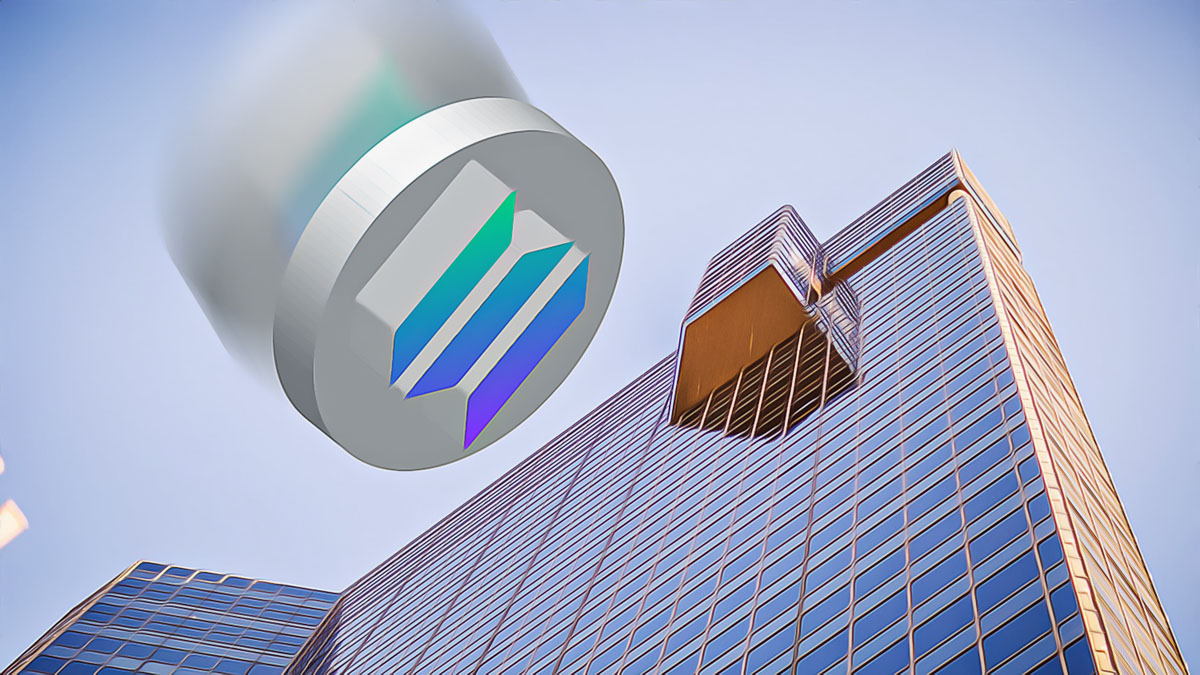Following the approval of the Ethereum ETF, the spotlight has shifted to potential approvals for other altcoins, with Solana being a prime candidate. Currently, two issuers have submitted applications for a Solana (SOL) Spot ETF. This initiative has sparked enthusiasm within the Solana community, raising questions about the likelihood of SEC approval.
Will Solana ETF Be Approved?
The recent endorsement of an Ethereum ETF has effectively nullified many of the SEC’s previous objections. This sets a hopeful precedent for Solana. Despite this, major financial entities like BlackRock and Fidelity remain cautious. The SEC’s stance on SOL Coin remains ambiguous, and regulatory challenges are anticipated.
Key regulatory compliance issues include overcoming the SEC’s classification of Solana as a security. Additionally, Solana must rigorously adhere to anti-money laundering (AML) and know-your-customer (KYC) regulations. Market maturity, evidenced by investor demand and liquidity, is also a critical factor for approval.
Solana (SOL) ETF Potential
Grayscale Investments CEO Michael Sonnenshein is particularly optimistic about the prospects. Grayscale, which already manages a trust for SOL Coin, stands to benefit significantly from an ETF approval. Sonnenshein emphasizes Solana’s advantages, such as its cost-effectiveness and active user base, positioning it as a strong competitor to Ethereum.
Key Considerations for Investors
Concrete Points for Consideration:
- Regulatory Compliance: Solana must navigate stringent SEC requirements, including security classification and AML/KYC adherence.
- Investor Demand: Demonstrating strong market interest and liquidity will be essential.
- Custody Solutions: Effective management of SOL assets by custodians is crucial.
- Transparency and Reporting: Regular, accurate reporting and ongoing network development are mandatory.
In Brazil, the SOL ETF has already achieved preliminary approval, with additional consent from B3 required for full operational status. European and Canadian markets show promising signs of regulatory alignment, indicating potential for SEC approval.













